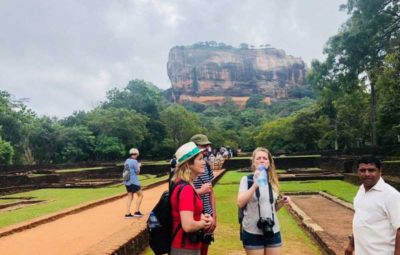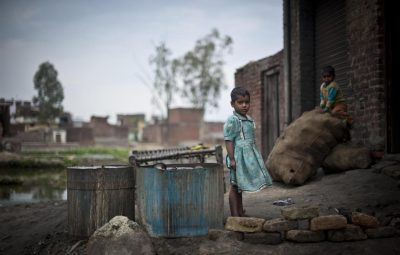The cultural diversity of Singapore is evident in the citizens’ everyday life, and even in their practised funeral rituals. Christians, Taoists, and Buddhist funeral services each have their unique customs and practices ingrained in their own religious beliefs. Comprehending the distinctions among these funeral customs illuminates Singaporean society’s cultural fabric.
1. Rituals and Ceremonies
Buddhist Funeral Services: Buddhist funeral rites emphasise the cycle of reincarnation and the transience of life following Buddhist teachings. Monks chanting, gifts to the dead, and prayers for a calm transition into the afterlife are customary traditions. The tradition of merit-making, in which participants give alms and carry out deeds of kindness to help the deceased soul, is fundamental to Buddhist funerals.
Taoist Funeral Services: Taoist funeral services, influenced by Taoist beliefs, focus on guiding the deceased’s spirit through the transition to the afterlife. The burning of joss paper, the recitation of scriptures, and the performance of elaborate ceremonies are some rituals aimed at ensuring a smooth passage for the departed. Taoists also believe in the importance of ancestral worship and may include rites to honour ancestors during the funeral proceedings.
Christian Funeral Services: Christian funeral services are conducted according to Christian beliefs, centred on the concept of resurrection and eternal life through Jesus Christ. The service often includes prayers, hymns, and readings from the Bible, emphasising the hope of reunion in heaven for the departed soul and their loved ones. Eulogies celebrating the life of the deceased are also common in Christian funerals, offering comfort and closure to grieving family and friends.
2. Funeral Arrangements
Buddhist Funerals: Buddhist funerals typically happen at a temple or funeral home, where a shrine adorned with images of Buddha and other religious symbols is placed to honour the deceased. Family members may choose between cremation and burial, with cremation being the more common practice in Singapore due to limited land resources. After the funeral, the ashes are usually enshrined in a columbarium or scattered at a designated location.
Taoist Funerals: An ornate altar is frequently placed at the deceased’s residence or a funeral parlour as part of Taoist funeral arrangements. Paper copies of mansions, vehicles, and money are used to decorate the altar, signifying wealth and prosperity. Paper offerings are then burned, and personal items are placed inside the coffin because Taoists believe it is necessary to send the dead with enough food for their journey to the afterlife.
Christian Funerals: Christian funerals typically take place in a church, with the service conducted by a minister or pastor. Depending on the family’s preferences, the casket may be open or closed during the service. Burial is the most common mode of disposition for Christians in Singapore, with cemeteries often located within or near church grounds.

3. Mourning Period and Customs
Buddhists: In Buddhism, the mourning period varies depending on cultural traditions and personal beliefs. Family members may observe mourning rituals such as wearing white or subdued clothing, refraining from entertainment, and abstaining from meat and alcohol. After the funeral, it is customary for mourners to make offerings to monks and engage in acts of charity to honour the memory of the deceased.
Taoists: Taoist mourning customs typically last for 49 days, during which family members may perform daily rituals to support the deceased’s journey to the afterlife. Food, incense, and paper money offerings are made to appease the spirits and ensure their well-being in the afterlife. Family members may also participate in chanting sessions and prayers conducted by Taoist priests throughout the mourning period.
Christians: Christian bereavement rituals centre on giving consolation and encouragement to the bereaved via acts of kindness, companionship, and prayer. Individuals and religious groups may have different customs regarding the length of the mourning period. For example, some may follow customs involving wearing black attire or having a silent moment at the burial. In Christian belief, the grieving process is guided by faith in the promise of eternal life and the hope of reunion with loved ones in heaven.
Conclusion
While Buddhist, Taoist, and Christian funeral services in Singapore differ in their rituals and customs, they share a common purpose: to honour the deceased and provide solace to the living. These many burial customs are a monument to the religion and traditions’ tenacity in the face of sorrow and loss, and they also showcase Singapore’s rich cultural legacy. By acknowledging and appreciating these distinctions, we honour the variety that enhances the community and fortifies the ties of a group.
Contact Nirvana to create a meaningful farewell that honours the unique spirit of your beloved and provides solace to those left behind.








